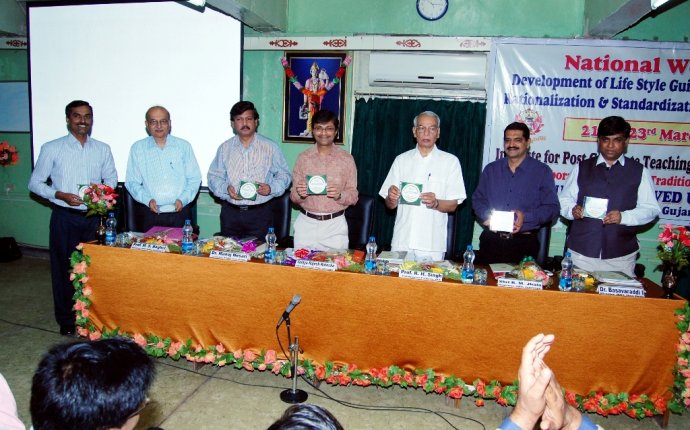
Gujarat Ayurveda University
AHMEDABAD: While scientists across the globe have been struggling to find ways to curb climate change, a researcher of the Jamnagar-based Gujarat Ayurveda University has claimed that the belching of the Western cows adversely affects the ozone layer, causing the hole in it, but holy Indian cows are not responsible for global warming.
Dr Hitesh Jani, who has been given responsibility to conduct research by Gujarat Gauseva and Gauchar Vikas Board, in his research paper says that Western cows are responsible for global warming while glorifying cows of Indian origin.
"In India, we prefer our original zero-maintenance desi cow, rather than fat Jersey cows that keep eating and drinking through the day, fall sick more often and have to be pumped full of antibiotics. These cows fart methane gas, so often that the ozone layer has got a hole, " reads his research paper, 'Panchgavya Chikitsa: The Medicine of Millennium', which glorifies Indian 'gau' over Western Jersey cows. The research paper says that the A-1 milk of Western cows is the root cause of many diseases, but the A-2 milk of Indian cows are a celestial remedy for all diseases.A-1 milk contain 7 amino acids, named BCM-7, which react with the human digestive system, internal organs and brain. It has been linked to Type-1 diabetes, heart disease, autism, and other non- communicable diseases, according to a veterinary scientist, Professor Keith Woodward of New Zealand. It also causes digestive problems in children, ear infections, bronchitis, and tonsillitis in adults, the paper says.
The paper also claims that A2 milk of the humped Indian cow is good for health and is more beneficial as it has micronutrients like cytokines and minerals which enhance the immune system.
He claims that A2 milk contains more magnesium and helps in the assimilation of calcium in the bones and is crucial for regular heart function.
Source: timesofindia.indiatimes.com














